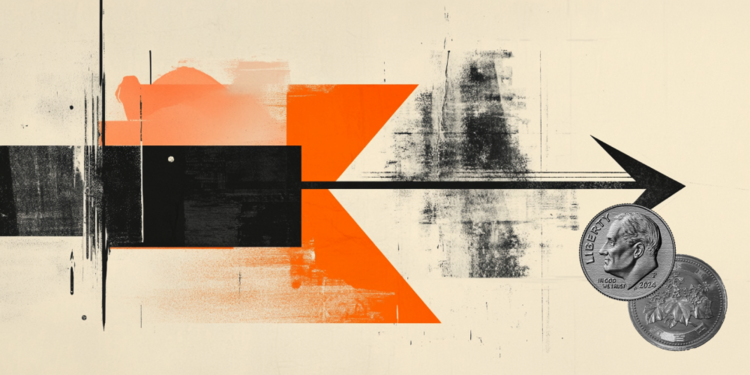A blood test can be effective in diagnosing amyotrophic lateral sclerosis (ALS) with 98% accuracy, according to a new study published last Thursday (12). The discovery is interesting because it can accelerate the detection of the disease, in addition to supporting the development of new medicines, in the researchers’ view.
ALS is a disease that affects the nervous system in a degenerative and progressive way, leading to irreversible motor paralysis. This is the disease that British physicist Stephen Hawking, who passed away in 2018, suffered from. According to the Ministry of Health, there is no cure for amyotrophic lateral sclerosis and death usually occurs between three and five years after diagnosis. Approximately 25% of patients survive longer, according to the ministry.
Currently, diagnosis is made through clinical analysis and physical examination, which can reveal some physical deficiencies, signs and symptoms related to the disease, such as tremors, spasms and muscle contractions. Blood and imaging tests, until now, are only used to rule out other diseases that can cause similar symptoms.
According to researchers, initial misdiagnosis rates reach 68%, which delays treatment and, consequently, mental impacts, costs with procedures and unnecessary interventions.
“Faster diagnoses will allow for earlier treatment, which will improve patient outcomes,” says Sandra Banack, lead author of the study, in statement.
Blood biomarker
Researchers at Brain Chemistry Labs in Jackson, Wyoming, have identified a blood-based biomarker specific to ALS. Composed of eight microRNAs, it can be detected through blood collection.
Using real-time sequencing and PCR, the team was able to analyze blood samples from ALS patients and people with other neurological diseases, such as Primary Lateral Sclerosis (PLS) and Parkinson’s disease, as well as healthy individuals.
The researchers found that the blood biomarker was up to 98 percent accurate in predicting ALS and could differentiate it from PLS and Parkinson’s. To confirm its reliability, it was tested on four different groups of patients in two different laboratories, with different technicians and collection methods involved. The biomarker consistently gave reliable results.
Researchers believe this blood test could help neurologists diagnose ALS and complement current clinical assessments. According to a statement released by Brain Chemistry Labs, Paul Alan Cox, the organization’s CEO, hopes to secure a partnership with a diagnostic company and make this test widely available to neurologists within 18 to 24 months.
AI can help predict progression of Alzheimer’s symptoms, study shows
This content was originally published in Blood test can diagnose ALS with 98% accuracy, says study on the CNN Brasil website.
Source: CNN Brasil
I am an experienced journalist and writer with a career in the news industry. My focus is on covering Top News stories for World Stock Market, where I provide comprehensive analysis and commentary on markets around the world. I have expertise in writing both long-form articles and shorter pieces that deliver timely, relevant updates to readers.







